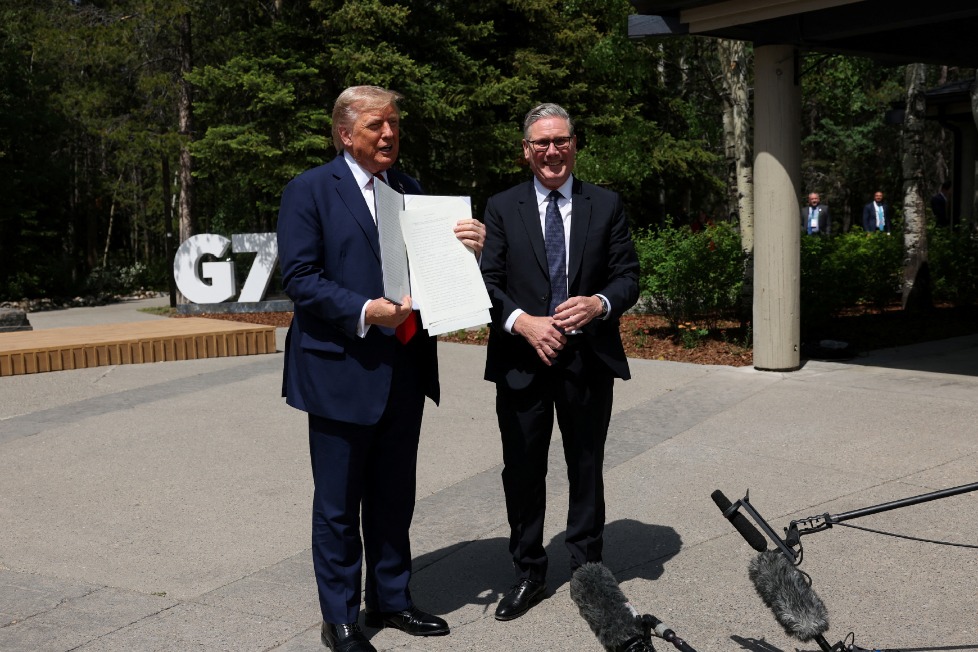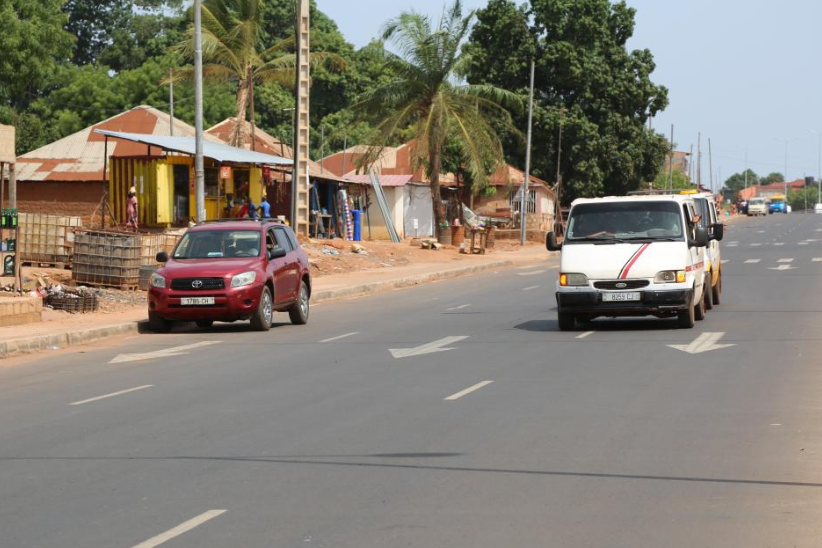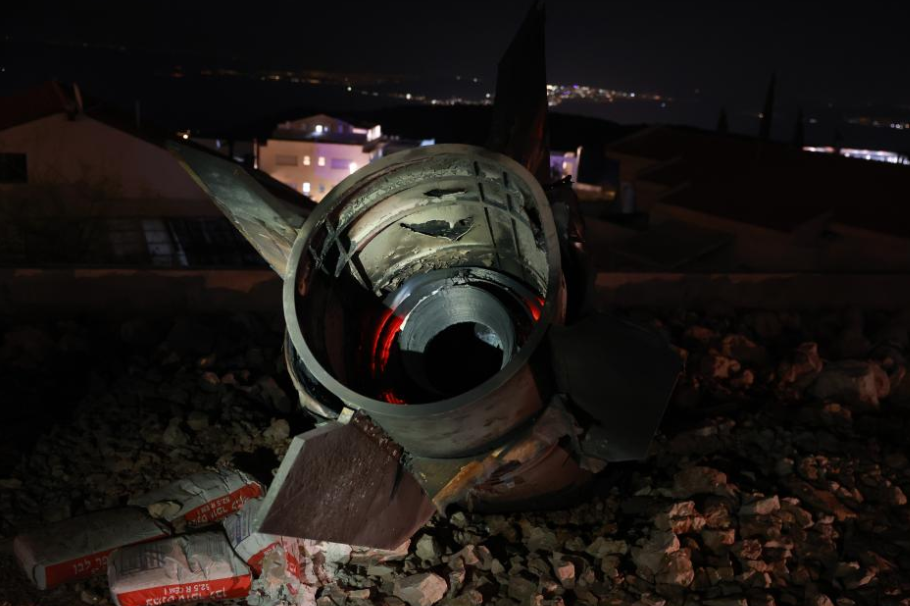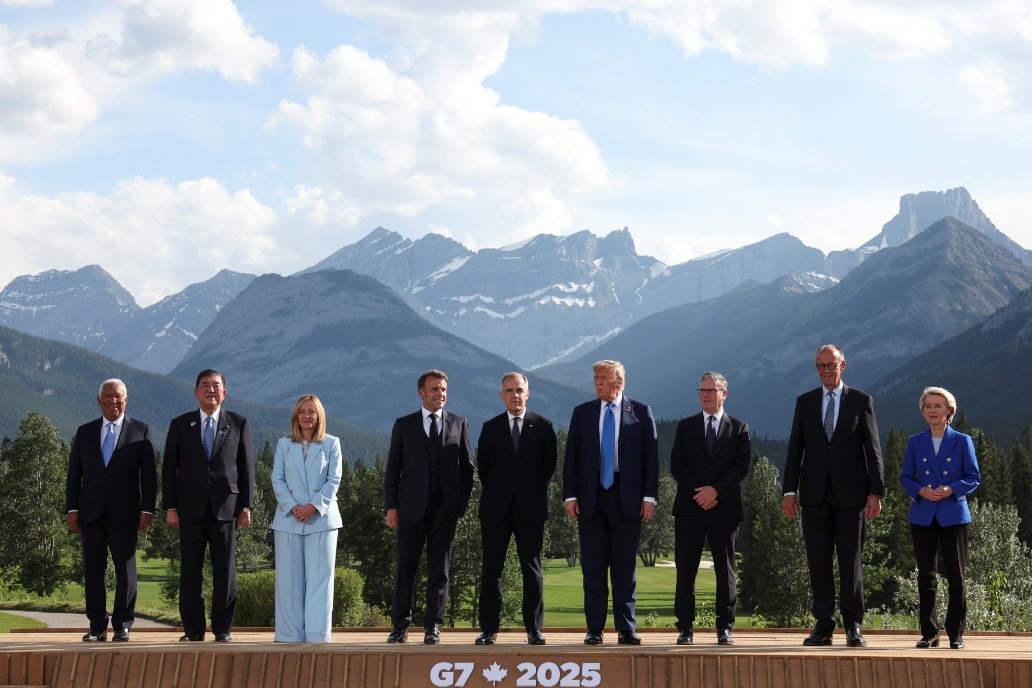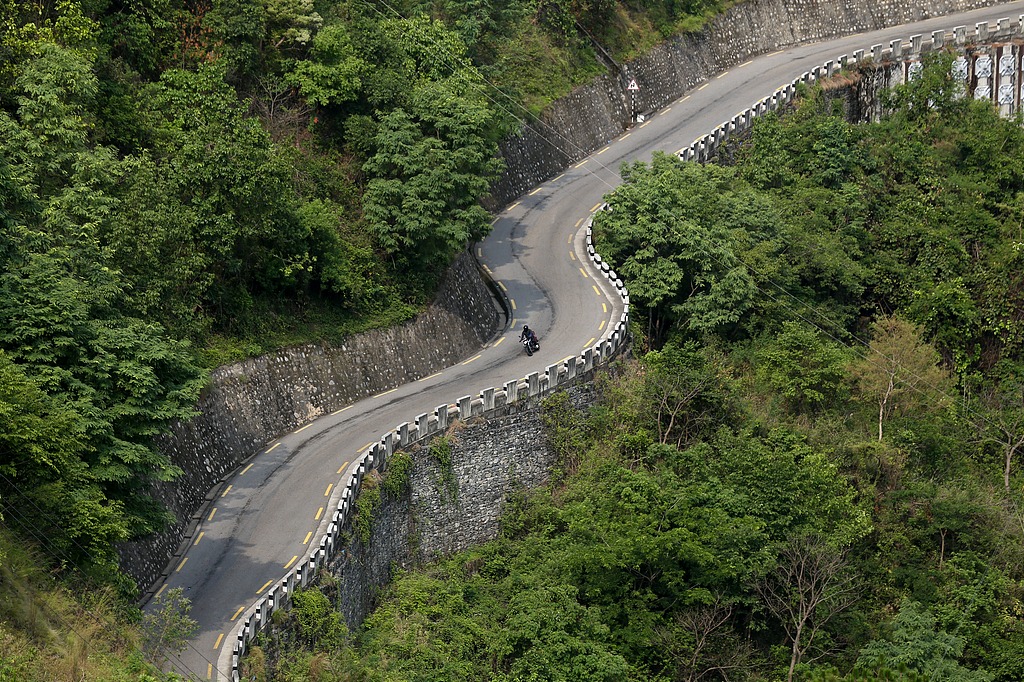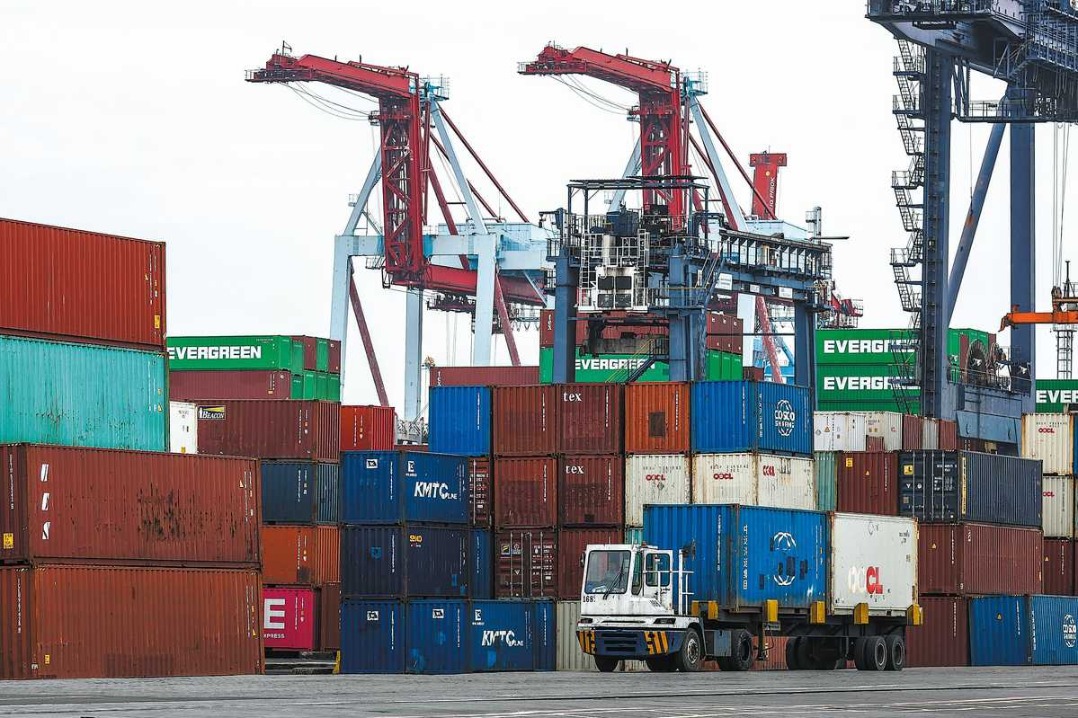Botswana eyes deep, beneficial ties with China
Minister looks to expand collaboration, exchanges, hailing 50 years of relations

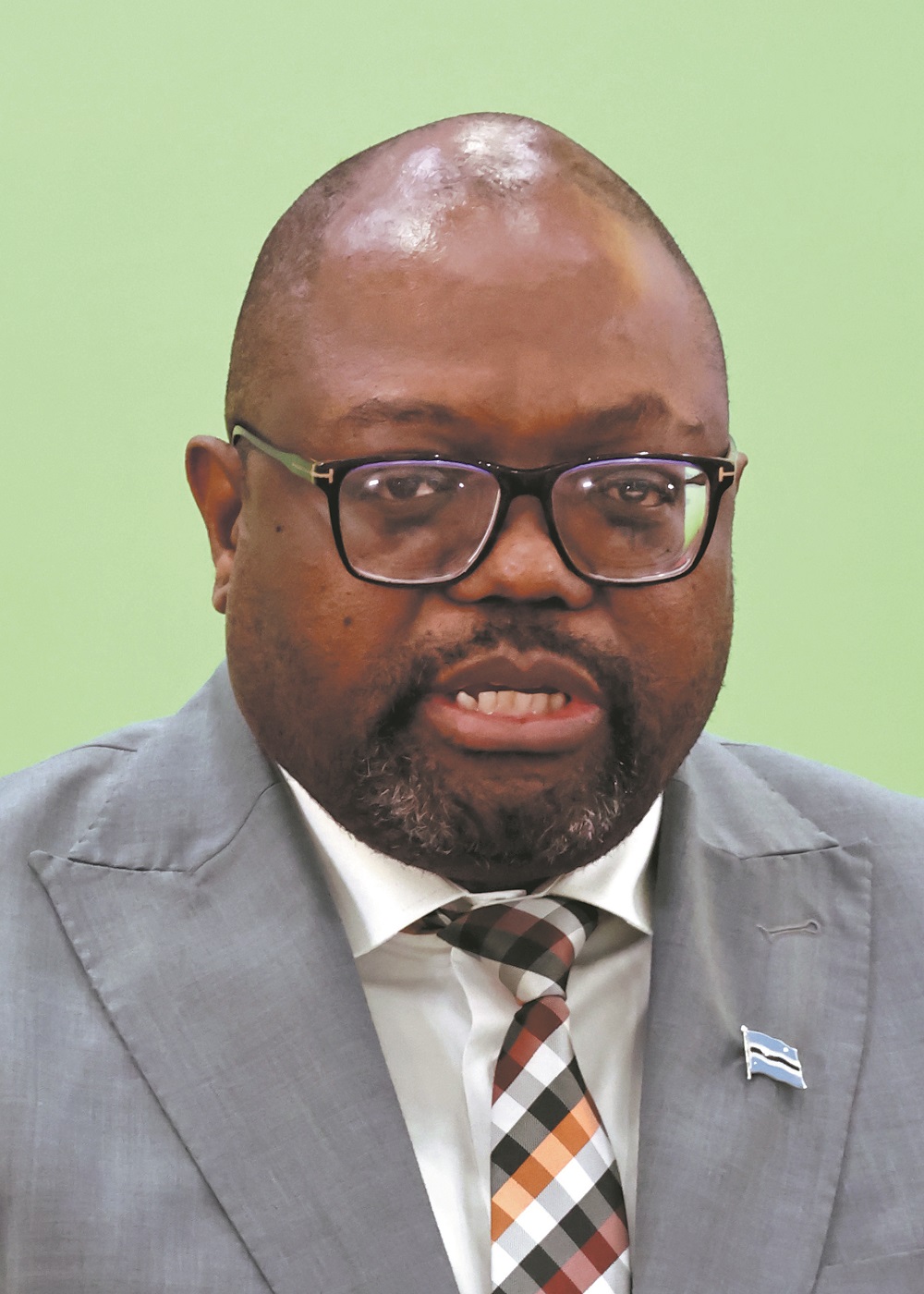
Botswana's minister of international relations, Phenyo Butale, has hailed 50 years of China-Botswana ties as mutually beneficial, voicing optimism about deepening the relationship through strengthened collaboration in trade, development and people-to-people exchanges.
Butale made the remarks following his participation in the Ministerial Meeting of Coordinators on the Implementation of the Follow-up Actions of the Forum on China-Africa Cooperation, held on June 11 in Changsha, Central China's Hunan province.
"I found the meeting very progressive and the reports very encouraging because they are indicative of China's commitment to a win-win situation in terms of the relations with Africa," he told China Daily on Friday after attending a reception in Beijing.
The event, jointly hosted by the embassy of Botswana and the Chinese People's Association for Friendship with Foreign Countries, celebrated the 50th anniversary of diplomatic relations between the two countries.
Last year, they elevated their relationship to a strategic partnership.
Speaking at the reception, Butale highlighted decades of robust bilateral collaboration.
"The last 50 years of bilateral relationship were characterized by vast cooperation in many areas, such as human resource development, health, defense, trade and cultural exchanges," he said.
China is one of Botswana's top trading partners, with bilateral trade volume surging from less than $500,000 in the early 1980s to more than $1 billion last year — an increase of nearly 2,000 times.
"China has indeed made immense contributions to our developmental agenda," Butale told China Daily. "As we celebrate 50 years of excellent relations, we believe that there is more for us to learn from China."
Botswana has benefited a lot from China's wisdom, he said. China's transformation from one of the poorest countries to an industrialized major player on the global stage can serve a reference for Botswana's own development journey, he added.
The minister emphasized Botswana's interest in deepening collaboration in digitalization, mining and artificial intelligence.
"We can leverage on China's technological advancement to digitize our economy and to ensure that most of the services we provide to our people are provided expeditiously through the technology," he said.
Botswana also seeks to partner with China to build its capacity in mining and emerging sectors such as AI, where China has made significant investments, he said.
Butale underscored the importance of expanding people-to-people exchanges to facilitate skills transfer and knowledge-sharing. Official figures show that more than 15,000 local people have studied Chinese at the Confucius Institute in Botswana, while many students have received Chinese government scholarships to pursue education in China.
Infrastructure development is another critical area of cooperation, he said, with Botswana joining the Belt and Road Initiative in 2021.
"We need to engage in massive infrastructure development and upgrade. So the framework allows us to come up with the infrastructure networks that link us with our neighboring countries and link our cities," he said. "We believe these infrastructure upgrades are necessary for the future."
More good deeds
Looking ahead, Butale expressed confidence in the next 50 years of bilateral relations. "We need partners like China who do not only theorize about (development) but have walked that route. They know the pitfalls and how not to fail. So we are really optimistic that the next 50 years bring more good deeds forward," he said.
On the global stage, Butale praised China's three global initiatives as a push toward multilateralism, as "they are properly conceptualized to do that".
Botswana and China share a belief in multilateralism, a rules-based international order and a peaceful resolution of conflict, Butale said.
"We just need countries like Botswana and China to join hands in ensuring that indeed the situation moves in the direction of multilateralism. In the end, it's justice and fairness that prevail."
















